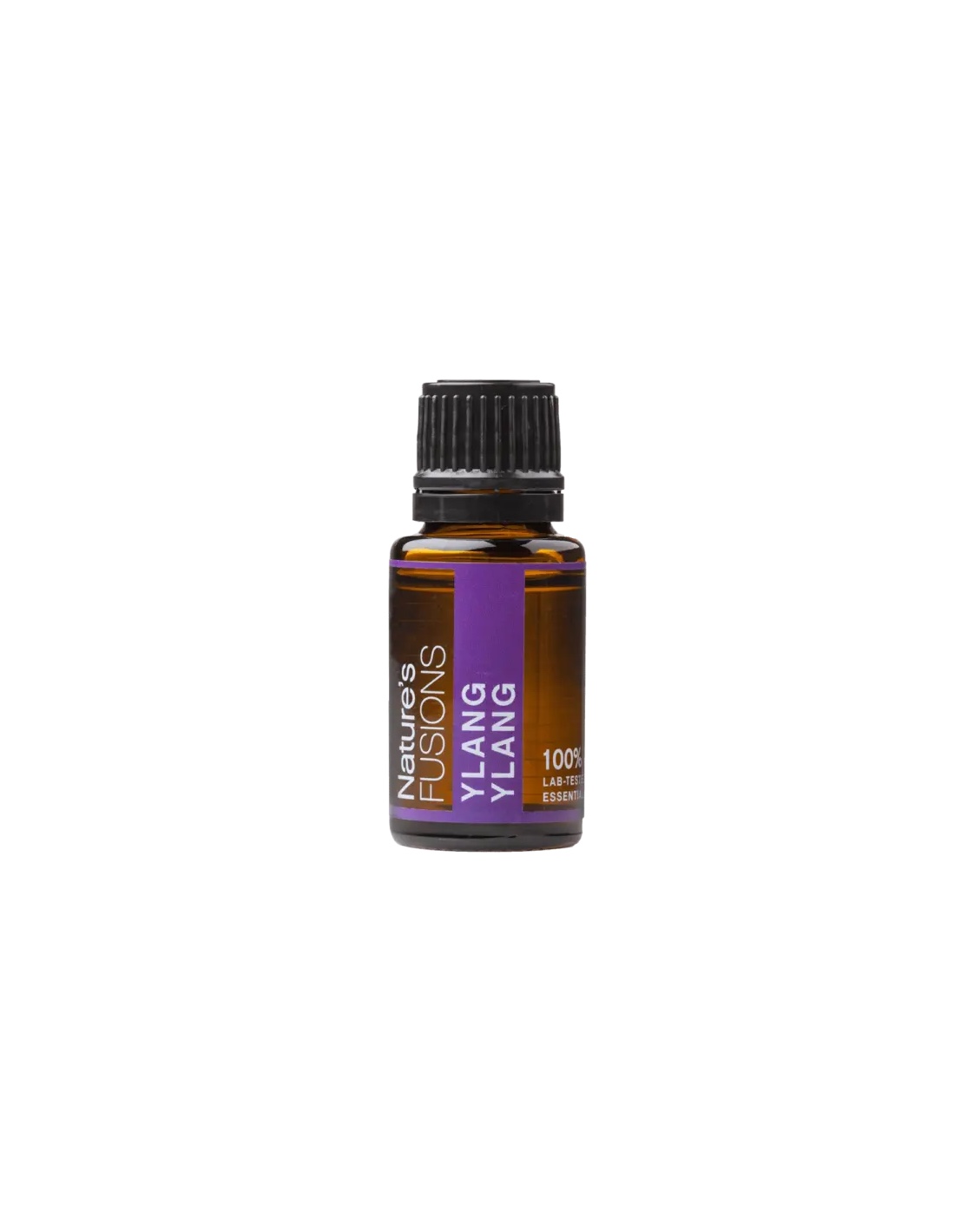Best Oil For Fever Blisters
When you're trying to find the most effective oil to treat fever blisters There are a variety of different options. Some people find Melissa essential oil as the most efficient, some prefer Eucalyptus, while others go with Lemon balm. Here is a brief description of each of these essential oils and how they can help to eliminate fever blisters. It is also possible to try Star anise oil. Regardless of which oil you decide to use it is important to find the correct amount for your skin type.
Melissa essential oil
Melissa essential oil has a long tradition of therapeutic use. its usage was first documented in Ancient Greece and Rome. It is believed that the Ancients believed that the oil would aid their memory, brain, and mood. It's expensive There are numerous sellers selling fakes that may not offer the same benefits. Although it's costly Melissa oil is a potent anti-inflammatory properties.
In addition to its antiviral qualities and antiviral properties, melissa essential oils are known for its calming and antidepressant effects. It also has been proven to increase glucose tolerance and liver function. Essential oils can be applied for sensitive skin and is suitable for a variety of mental disorders. Furthermore, melissa oil may be used to reduce depression and anxiety symptoms.
Eucalyptus oil
The essential oil of eucalyptus has numerous health benefits. It's antimicrobial and fights both bacteria and fungi. It is also used to relieve pain and reduce inflammation. There are at minimum 18 additional uses for eucalyptus oil. Here we'll discuss a few of them. Eucalyptus oil is used to treat natural remedies for fever blisters.
Essential oils have been proven to relieve muscle pain. It is also employed to treat a fever blister. It is also a good warmup agent, which makes eucalyptus oil the ideal choice for taking a hot bath. It eases inflammation and pain and can also ease symptoms such as hay fever and fever.
Lemon balm oil
Numerous clinical studies have demonstrated the therapeutic benefits of lemon balm. One study involved 116 people suffering with herpes simplex. They received a cream that contained 1 percent extract of lemon balm five times per day. After 8 days, 96% had eliminated all lesions. It also helped in reducing the size and time needed to heal blisters. This could be due to the essential oil's polyphenols or tannins, as per research.
The oil can be strained within two weeks of steeping. Heat the oil in a double boiler. It will then simmer at low temperature for about 3-4 hours. Be sure to not let the water completely evaporate. Essential oils can be included in the mixture. It is possible to apply lemon balm oil to the affected areas three or every day. This treatment can also be effective for cold sores and herpes.
Star anise oil
Star anise essential oil is believed to lessen the severity of fever blisters. Due to their similar scent and properties, anise oil has been frequently grouped with star anise. The two oils can be combined to improve the efficacy of different products. For the most results from both oils, you might want to add a few drops of star anise oil to your face cream or toothpaste.
The oil extracted from star anise is considered an herbal treatment for herpes due to the fact that it is extremely efficient. The oil is extracted via steam distillation of dried fruits from the anise plant. This plant, known by its botanical name Illicium verum, is utilized for a variety of health issues and may help to prevent future outbreaks of the infection. It also has anti-inflammatory and antiviral properties. It is able to be applied to the affected area, and it will help reduce the symptoms.
Coconut oil
You might be wondering what the advantages of coconut oil can bring to fever blisters. The answer is exactly the same as cold sores: coconut oil contains medium-chain triglycerides (MCTs) which are powerful anti-fungal, antiviral and antibacterial qualities. These fatty acids are also found in numerous food products and can be applied to the affected area to soothe it. While there isn't any scientific evidence to support the use of coconut oil to treat fever blisters, there are a number of other reasons it may be beneficial.
In addition, coconut oil is an excellent natural moisturizer that can be used as a sunscreen lotion to shield the skin from sun's harmful UV rays. To accelerate healing, you can apply coconut oil melted directly onto the area of the sore. Another benefit of using coconut oil for blisters that cause fever is that it could be employed as a topical anesthetic that can relieve discomfort. You can also apply coconut oil to stop your lips from splits by applying it on the area that is affected with an abrasive pad. The best method of using coconut oil to treat cold sores is to apply it frequently to the sores each 60-90 minutes until the sores heal. The severity of the sore as well as the number of them will determine the time it will take to apply the oil.

